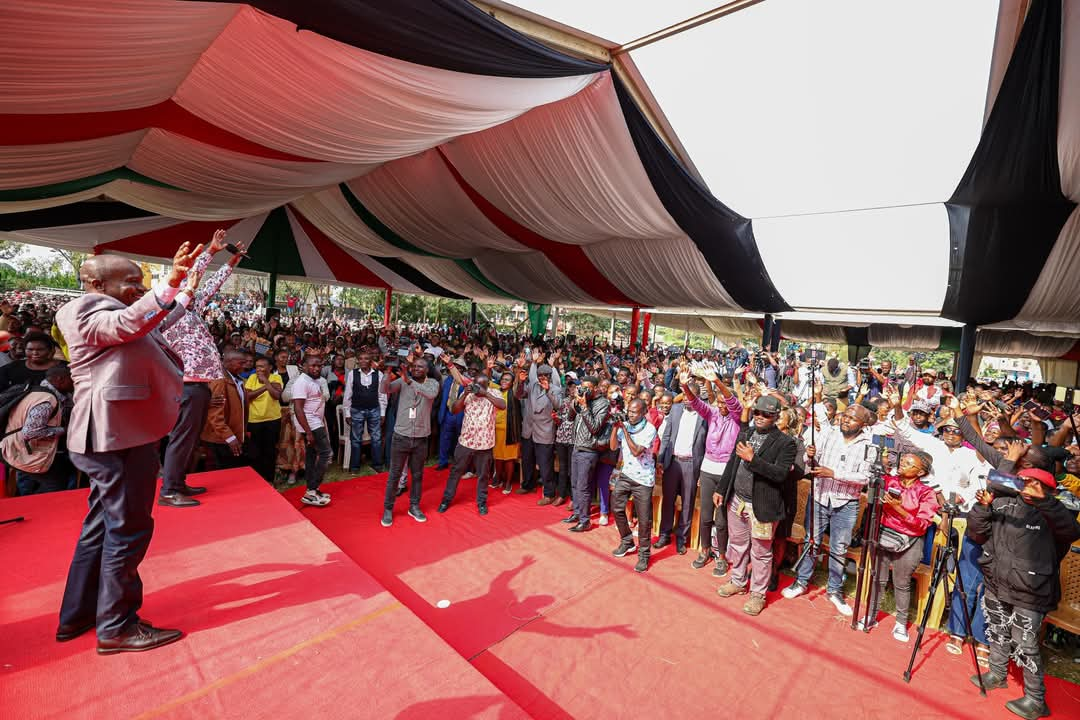The Ministry of Housing submitted proposals to the Treasury last month seeking approval to triple rent for civil servants residing in government-owned houses. If approved, this move will significantly impact the housing expenses of thousands of civil servants across Kenya.
Charles Hinga, the Principal Secretary for Housing, revealed to Parliament that the proposed rent increase would affect approximately 56,892 government-owned houses, whose rent has remained unchanged for the past 23 years. Currently, some civil servants pay as low as Sh1,000 per month for single-room accommodations, while others in upscale areas like State House pay as high as Sh30,000 for three-bedroom units.
During his appearance before the Public Accounts Committee (PAC), Mr Hinga emphasized the need for rent adjustments, citing the lack of any increases since 2001. He argued that the current rental rates do not reflect the market value of the properties, especially for higher-income earners.
The Ministry’s failure to optimize rent collection from these properties has raised concerns, with Auditor-General Nancy Gathungu highlighting a potential annual rent loss of Sh1.524 billion due to under-collection. Despite an expected monthly rental income of Sh127, 048,750, the actual collection fell short by Sh506.59 million in the last financial year.
Additionally, uncollected rent over the past two years amounted to Sh1.16 billion, with specific Ministries, Departments, and Agencies (MDAs) accounting for the bulk of non-remitted collections. Mr Hinga called for parliamentary intervention to conduct a special audit on MDAs that have failed to remit rent deductions, labelling such actions as irregular and potentially illegal.
In response to these challenges, the Ministry is implementing measures to enhance rent collection efficiency, including the rollout of an Enterprise Resource Planning (ERP) system for revenue reconciliation and rent collection. However, issues such as disrepair, irregular alienation of properties, and security concerns continue to hamper occupancy and rent collection efforts.





